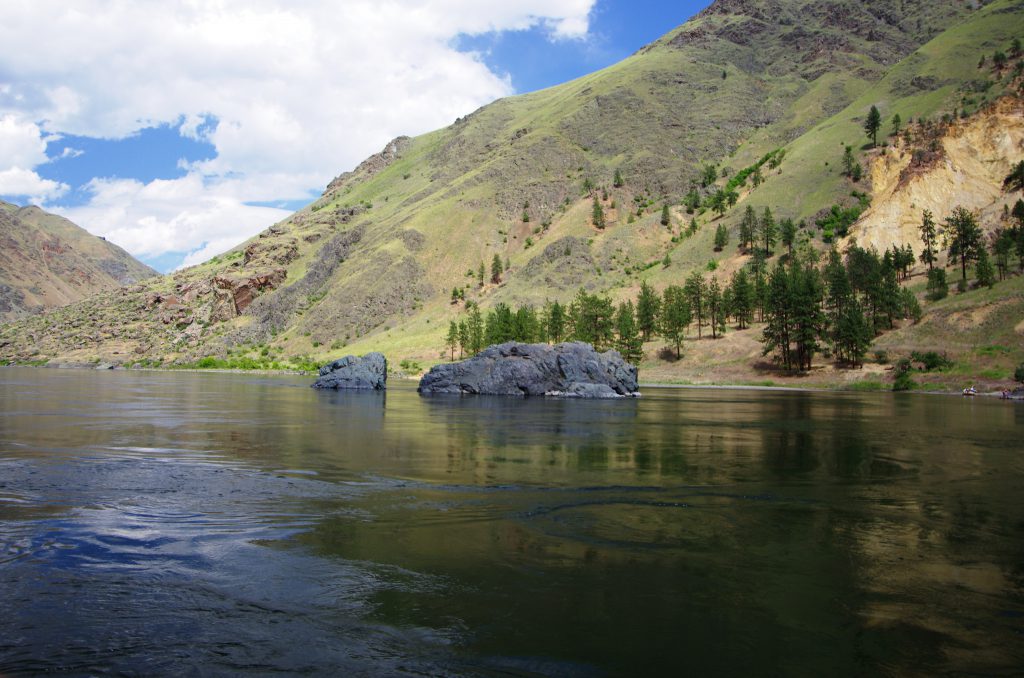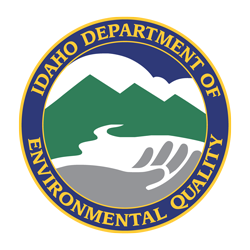Water quality standards define the designated beneficial uses of a water body and the quality of the water (i.e., criteria) necessary to support those uses. Water quality standards include three elements:
- Beneficial Uses: Uses of the water body (e.g., recreation, water supply, aquatic life, agriculture, etc.).
- Criteria: The level of water quality needed to protect beneficial uses (e.g., numeric concentrations and narrative requirements).
- Antidegradation: A policy to maintain and protect existing uses and high-quality waters.
The state also has the authority to develop policies that address implementation issues such as allowing variances and mixing zones.

Water quality standards are created through the negotiated rulemaking process, including public involvement throughout the rule development. Visit our Rulemaking web page to learn more about this process.
This accordion will not appear on the screen
Beneficial uses are the desired uses that water bodies should support, including water supply (e.g., domestic, agricultural, and industrial), recreation (e.g., swimming, boating, and fishing), and aquatic life. Each beneficial use has a unique set of water quality criteria that must be met to support each use.
Most water bodies have multiple beneficial uses. A water body is considered impaired when it does not meet the water quality criteria needed to support one or more of its beneficial uses.
The designated use of a water body may be changed if it is not attainable through a use attainability analysis (UAA). This process assesses the beneficial uses a water body could support, given application of required effluent limits and implementation of cost-effective and reasonable best management practices.
Learn more about beneficial uses and the use attainability analysis process.
Idaho’s water quality standards prescribe criteria that must be met to ensure the beneficial uses of the state’s surface waters are supported. These criteria can be numeric or narrative. Numeric criteria are use-specific, while narrative criteria are general and apply to all waters regardless of use. Federal regulations require that together, the numeric and narrative criteria must contain sufficient parameters or constituents to protect the beneficial use. Learn more about water quality criteria.
Antidegradation describes policies designed to maintain water quality where it meets or exceeds levels necessary to support beneficial uses. Federal standards require Idaho to establish a three-tiered antidegradation program. Learn more about antidegradation policies.
Section 303 of the Clean Water Act requires states to modify and improve water quality standards at least once every three years. Under this triennial review process, states review, modify, and adopt applicable water quality standards, taking into public concerns, EPA guidance, and new scientific and technical information.
Visit DEQ’s Water Quality Guidance Development web page to participate in an upcoming meeting. Learn about triennial reviews here and see DEQ’s additional triennial review documents for more information.
This accordion will not appear on the screen
Senior Water Quality Standards Scientist

